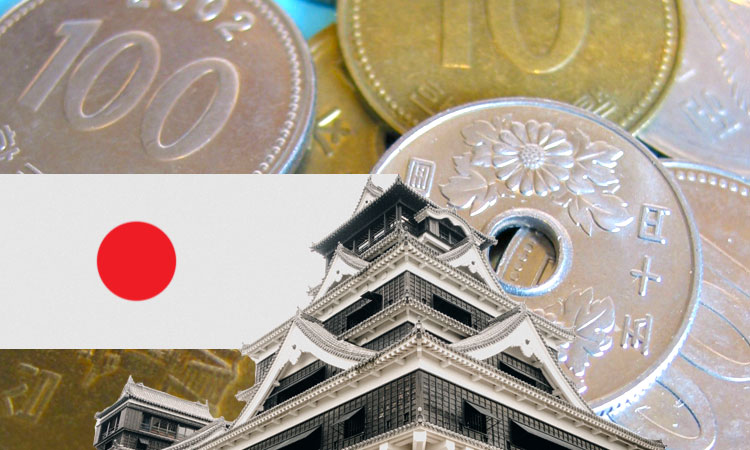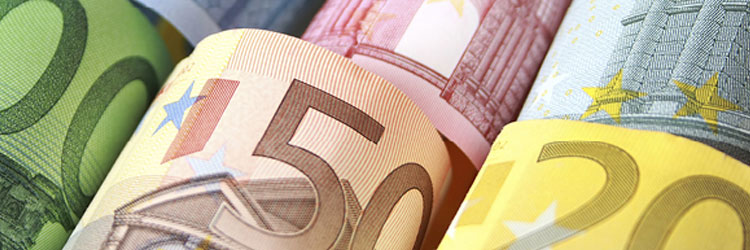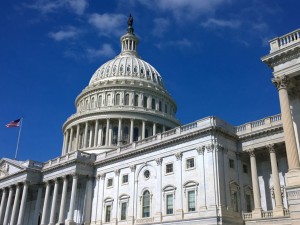
What the BoJ didn’t do
This week’s star was the Japanese yen, which led the way with a gain of 1.5% against sterling. Investors had expected the Bank of Japan to announce a fresh round of money-printing after its policy meeting last Wednesday. When it failed to do so they marked the currency higher.
What the ECB didn’t do
There were similar expectations for the European Central Bank the following day. Having been silent all summer president Mario Draghi was supposed to stride back onto the currency stage with new measures to boost inflation and the euro zone economy. He failed to deliver anything of the sort, leading investors to wonder if the central banks were running out of monetary ammunition. The euro added nearly one US cent on the week and picked up three quarters of a cent against the pound.

What the BoE might do
Bank of England governor Mark Carney attended parliament’s Treasury Committee last Wednesday to talk about the bank’s quarterly Inflation Report. As expected, he was harangued for what some members considered the precipitate decision last month to cut rates and restart the asset purchase programme. Mr Carney’s defence was that it was the right thing to do and, for good measure, he and deputy governor Jon Cunliffe made clear that Bank Rate will move even closer to zero if economic conditions warrant a further cut. The threat weighed on the pound, which weakened by an average of -0.3% against the other dozen most actively-traded currencies.
What the Fed might not do
Despite the recent string of disappointing US economic data, which included indications of a slowdown in America’s services sector, investors got it into their heads that the Federal Reserve might push ahead this month with its long-awaited second rate increase. Several Fed chiefs did indeed give their verbal support to the idea but there were notable omissions. One governor, Lael Brainard, took a stand against the idea saying, in essence, “hang on chaps, higher rates are unnecessary and could have a negative effect”. So the idea of a September rate hike went onto the back burner, ready to be moved forward again in three months’ time, and the dollar took a couple of paces to the rear. It was roughly unchanged against sterling and lost nearly a cent to the euro.
The good news
Sterling was the top performer among the major currencies over the last month, strengthening by an average of 3.5%. It is still down by -10% from its Brexit Eve position but it has put the referendum panic behind it and the recent economic data make it unlikely that the governor will have to deliver on his rate cut threat.
The bad news
Almost three months into the process of leaving the EU investors have still not the foggiest idea of what it will mean for the UK economy. This, and the failure of the UK economy to collapse into the threatened rubble, has resulted in what could be described as a Phoney War between investors and the pound. Nobody can be sure when the shooting will start again but it is a fair bet that it probably will.
On the lookout
Tuesday’s UK consumer price index data kicked off what could be a fairly eventful few days for sterling. Inflation came in slightly below forecast at 0.6% and the market’s response was to sell the pound. Wednesday’s employment data and the retail sales figures on Thursday will need at least to match expectations if sterling is to retain solid support. Investors will also be keen to read the minutes of the Monetary Policy Committee when they are published on Thursday. Although no change to policy is expected this week they will want to know how many members – if any – voted for another rate cut.
Sarah, Senior Account Manager at Moneycorp
Moneycorp is one of the largest international payment companies supporting over 90 currencies. Last year Moneycorp traded over £22.6 billion worth of international money transfers. Find out how Moneycorp can help you with your international transfer here.






